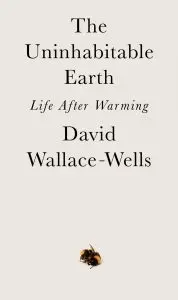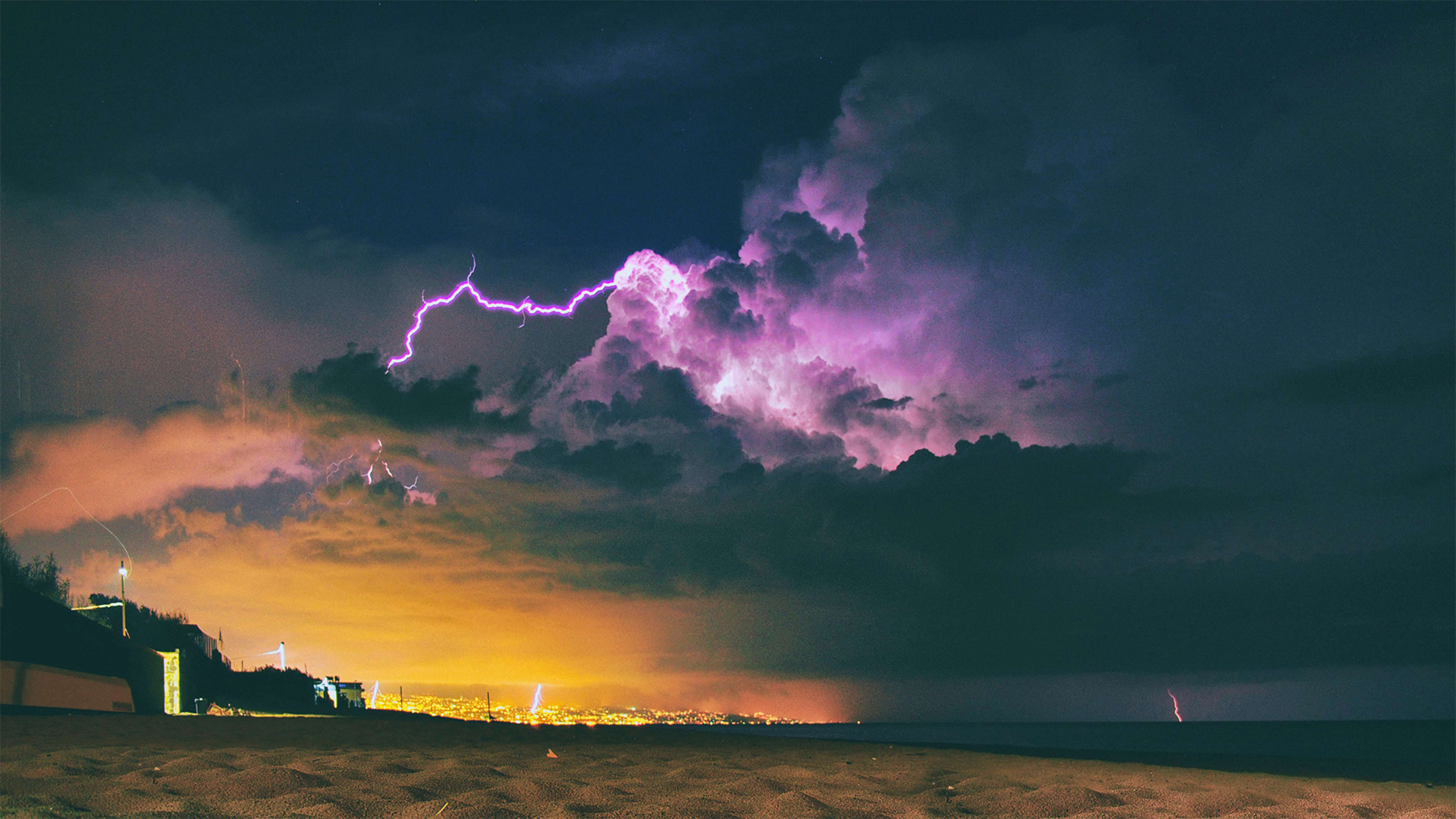“It is worse, much worse, than you think.” So begins The Uninhabitable Earth, David Wallace-Wells’s new book about how climate change will reshape every aspect of our lives if the planet crosses the threshold of two degrees of warming, or three degrees, or four (or even eight).
At two degrees Celsius–a threshold that we are very much on track to cross–ice sheets could pass the tipping point for collapse, raising sea levels and flooding cities. Half of the world’s population could face deadly heat waves at least 20 days each year. At three degrees, wildfires in the U.S. could burn an area six times larger than today. Global warfare and conflict could double. At four degrees, the costs of climate impacts would top $550 trillion, twice the world’s current wealth. If emissions continue on the current path, we’ll hit four degrees by the end of the century.

It’s easy to imagine that the world in 30 or 50 years will not be dissimilar to the world today, or to pretend that climate impacts will happen elsewhere but not to ourselves, even as we see the impacts of increasingly intense wildfires and hurricanes now. The book explains in excruciating detail how all-encompassing the changes will be, from the supply of food and water to the economy. It also outlines how quickly humans are changing the environment that we rely on: Since Al Gore published his first book on climate change in 1992, we’ve emitted more carbon pollution from fossil fuels than in all of prior human history, engineering “as much ruin knowingly as we ever managed in ignorance,” Wallace-Wells writes.
Many in the climate world–like Gore–argue that optimism is necessary to spur action. Wallace-Wells argues that we also need to more clearly tell the story of what’s at stake. “I know, personally, that I’m somebody who was moved from complacency to engagement on this issue out of fear,” he says.
Two degrees of warming, the limit established by the Paris agreement, would be catastrophic, but it’s also important to understand the risks of going beyond that point. “I think it’s really important for us to collectively–even at the planet scale–really come to terms with what it means that we’re almost certain to cross two degrees,” he says. “It moves us from a place where we’re concerned about whether or not climate change is ‘here,’ whether or not ‘it’s too late,’ to a situation where we are thinking about degrees of damage–a spectrum of suffering and doing everything we can to avert some more of that suffering. It’s really important to remember, and easy to forget that climate change isn’t a binary system. Every tick upward of the temperature is going to create more suffering somewhere around the world.”
It’s important to talk about the whole picture, he says, including the progress happening in the world of renewable energy or electric cars. But the whole picture needs to also include apocalyptic possibilities that don’t get quite as much coverage. “The science is frankly terrifying,” he says. “Sometimes my work is called alarmist, and I think on some level that’s fair, because I’m alarmed. But the truth is, most of what I’m doing is just repeating the repeating and contextualizing the findings from scientific research . . . If the facts are alarming, we should be responding with alarm. Not by reassuring each other that everything’s going to be okay. We should be taking action.” (When Wallace-Wells first published a viral article in New York magazine about the horrifying coming impacts, some scientists criticized him for going too far, though Michael Mann, one of the critics, says that the book now gets it right.)
Climate action should come less in the form of individual actions like eating less meat or taking fewer flights, Wallace-Wells says, than in radical political change. “That sounds complicated, radical political change, but ultimately it can be as simple as just voting,” he says. “At a very basic level, if everyone who was concerned about climate change voted for leaders who prioritize climate change and held them to those promises, we would be in a dramatically different place politically than we are now.”
We’ve been painfully slow to act so far. But we already have the technology and tools to avert the worst-case scenarios, from renewable energy and carbon capture technology to better agricultural practices and policy options like a carbon tax. What we lack is political will. If we get to four degrees, “it will be because we brought ourselves there,” he says. “It will be because of things we do between now and then. It won’t be a system that was set in motion before we came around and then was just unspooling as we watched–it will be, effectively, an active endeavor to bring about that much suffering. Because we have all the tools we need now to avert it.”
Recognize your brand’s excellence by applying to this year’s Brands That Matter Awards before the early-rate deadline, May 3.
